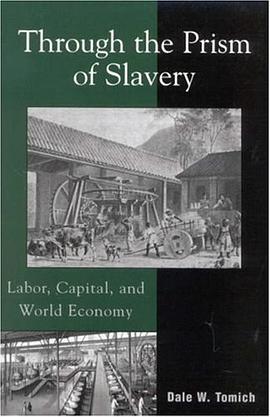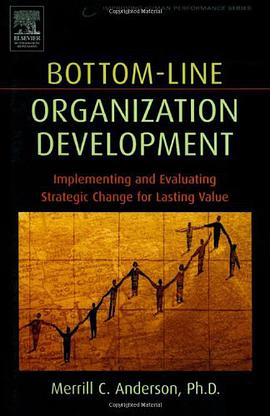

In this thoughtful book, Dale W. Tomich explores the contested relationship between slavery and capitalism. Tracing slavery's integral role in the formation of a capitalist world economy, he reinterprets the development of the world economy through the 'prism of slavery.' Through a sustained critique of Marxism, world-systems theory, and new economic history, Tomich develops an original conceptual framework for answering theoretical and historical questions about the nexus between slavery and the world economy. The author explores how particular slave systems were affected by their integration into the world market, the international division of labor, and the interstate system. He further examines the ways that the particular 'local' histories of such slave regimes illuminate processes of world economic change. His deft use of specific New World examples of slave production as local sites of global transformation highlights the influence of specific geographies and local agency in shaping different slave zones. Tomich's cogent analysis of the struggles over the organization of work and labor discipline in the French West Indian colony of Martinique vividly illustrates the ways that day-to-day resistance altered the relationship between master and slave, precipitated crises in sugar cultivation, and created the local conditions for the transition to a post-slavery economy and society.
具体描述
读后感
评分
评分
评分
评分
用户评价
相关图书
本站所有内容均为互联网搜索引擎提供的公开搜索信息,本站不存储任何数据与内容,任何内容与数据均与本站无关,如有需要请联系相关搜索引擎包括但不限于百度,google,bing,sogou 等
© 2025 book.wenda123.org All Rights Reserved. 图书目录大全 版权所有




















